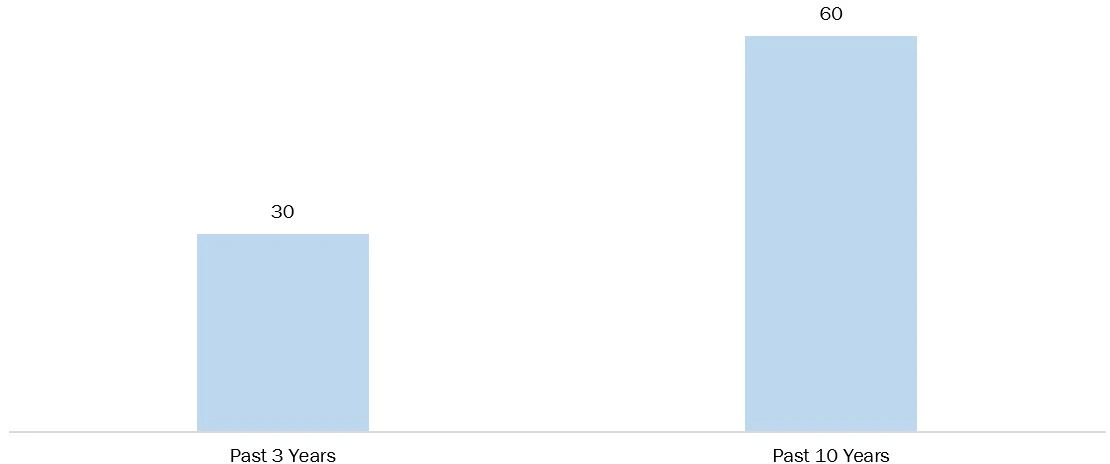AI in Medical Billing: A Game Changer for Healthcare Providers

Medical billing is the essential connection in the provisioning of healthcare to the patients with the help of insurers which on the other hand is quite complex and often overwhelming due to the various aspects of healthcare administration. Nevertheless, there are a lot of drawbacks to the secular medical billing model, including but not limited to, human errors, delays in the approval of claims, and cumbersome issues with compliance. Such shortcomings inconvenience the operations of healthcare organizations, putting their financial viability at stake. Here is artificial intelligence, a revolutionary invention that is far-reaching in scope as it cuts across various sectors of the economy.
Moreover, the incorporation of AI in the process of billing for medical services is proving to be a breakthrough. Due to CLM, NLP, and PA, AI is eliminating monotony, lessening human risks, and streamlining the entire cycle of billing from bill generation to bill payment. This is not merely about automation, however. It is changing how healthcare cares about insurers, revenue cycle management, and how patients experience financial transactions.
Further, the purpose of AI in medical billing goes beyond making processes efficient, as it is more of creating a more intelligent and flexible system that can adapt to the complexities of the current healthcare environment. This article will specifically explore the use of artificial intelligence (AI) in medical billing, how it benefits healthcare providers, and its constraints before the zenith can be achieved. In the face of the ongoing digitization of the business environment, AI in medical billing remains a transformative technology that is capable of reengineering healthcare management completely. Additionally, the last ten years have seen a sharp increase in healthcare investments in artificial intelligence. According to a recent report from the venture capital firm Flare Capital Partners, investors have poured over $30 billion into healthcare AI startups in the last three years and about $60 billion in the last ten.
Figure 1: Investment in Health Ai Startups, in USD Billions, United States
 Source: American Healthcare Association
Source: American Healthcare Association
 Source: American Healthcare Association
Source: American Healthcare Association
Role of AI in Predictive Healthcare
- Simplifying Workflows in Administration
- Improving Compliance and Cutting Down on Errors
- Quicker Payment Cycles and Claims Processing
- Savings and Efficiency in Operations
- Improving the Experience of Patients
Difficulties in using AI for Medical Billing
Despite the capability of Artificial Intelligence to change the process of medical billing for the better, its application in the field faces challenges. Integrating AI into existing frameworks requires a significant amount of training and technology costs. Data concern is also pertinent as AI systems contain sensitive patient information. For that reason, health practitioners must comply with healthcare data protection laws and implement data security. In addition, given that AI will change roles instead of eradicating them, human resources must also adapt to the changes. Optimizing AI is the medical billing strategy for the future. With the advancement of technology, artificial intelligence (AI) systems will also advance in the ability to process complex billing systems and enhance forecasted billing. Further enhancement of efficiency will be by ensuring seamless information flow through the interfacing of electronic health records (EHRs) and other systems used within the facilities. Through the employment of AI, healthcare providers will be able to shore up their revenues and focus more and better on delivering care to their patients. In conclusion, the impact of AI on medical billing processes cannot be overlooked. The quantity of mistakes is reduced to a minimum, regulation is adhered to unquestioningly, the period for resolving the claims is shortened, and the patient is happier. The challenges still exist, but it is clear how much more beneficial than forward-looking strategizing these tools are for present-day healthcare providers. It is easy to foresee that the evolution of AI in medical billing will be radical, as it will be aimed towards the provision of better services to patients and improving efficiencies within health care. Find some of our related studies:Get in Touch
Interested in this topic? Contact our analysts for more details.
Latest Thought Articles

Top OSAT Companies Driving Semiconductor Assembly and Test Services Worldwide
Recently
EV Charging Stations Market Outlook: Smart Charging, Fast Charging, and Regional Expansion
Recently
Future of Corporate Wellness: Global Trends and Regional Outlook
Recently
Regional Breakdown of the Mechanical Keyboard Market: Who Leads and Why?
Recently